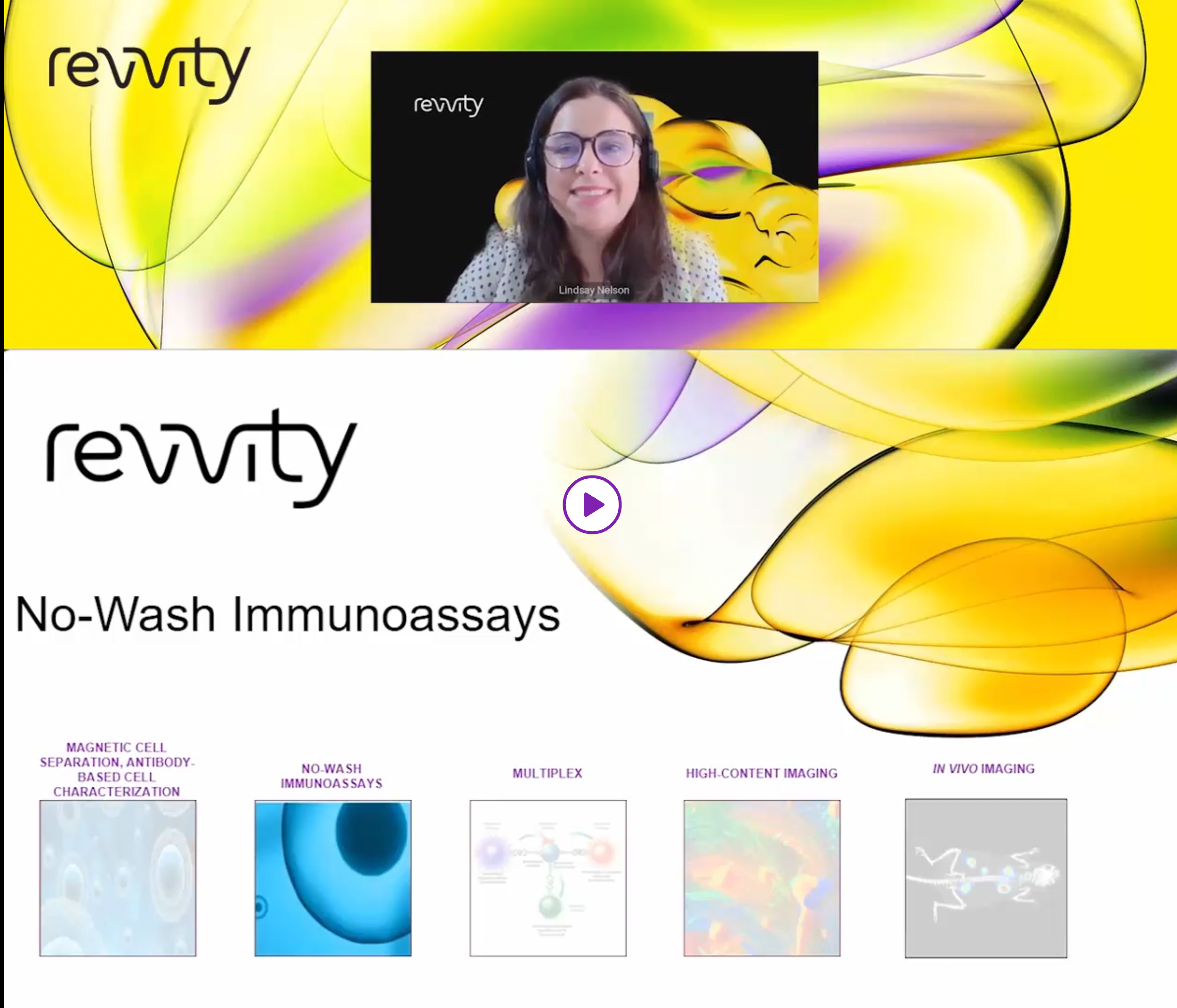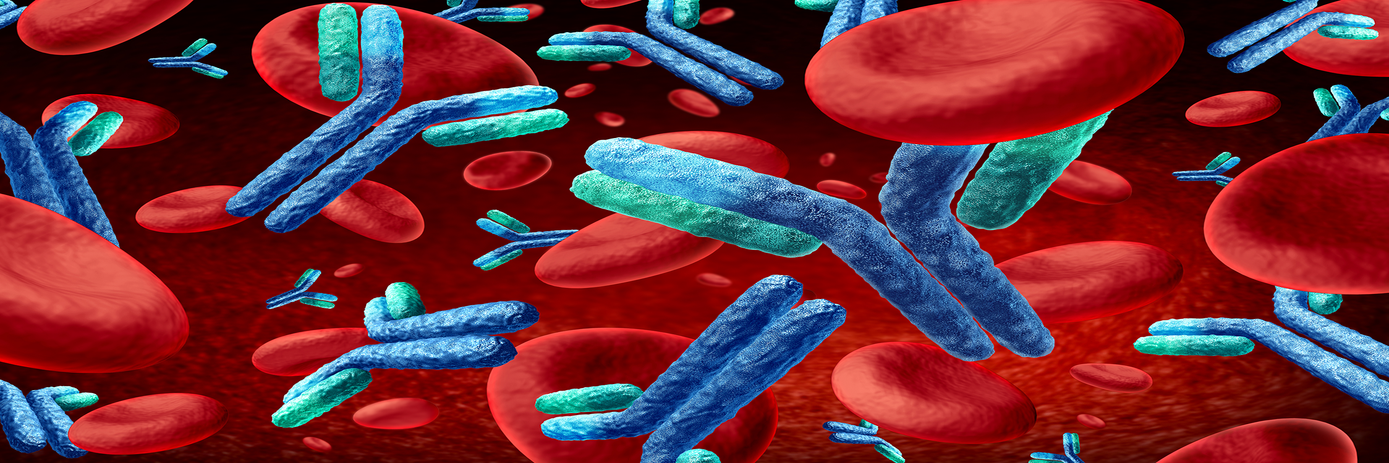
Accurate analysis of the presence and concentration of an analyte is a defining factor for research throughout biologics, clinical diagnostics, and pharmacology. Immunoassays are one of the most widely utilized biochemical tests for detecting specific antibodies or antigens in blood and other fluids. Noteworthy applications of immunoassays include disease diagnosis, pharmaceutical analysis, and therapeutic drug monitoring as well as measuring concentrations of anti-drug antibodies, protein biomarkers, and therapeutic antibodies.
Historically, the enzyme-linked immunosorbent assay (ELISA) is the most commonly used detection platform for quantifying analytes of interest in clinical analyses. ELISA, western blot, and other ligand-binding assay preparation methods usually rely on optimizing several washing and incubation steps to reduce the background signals related to unbound conjugated antibodies.
Scaling up biotherapeutics
Methods that require multiple incubation periods and several wash steps are also difficult to adapt for high throughput and automation because they are time-consuming, lab-intensive, and can introduce variables that hinder scalability.
To address these shortcomings, simple and more robust methods are available to quantify biomarkers in a high-throughput screening format. These optimized no-wash platforms eliminate the need for washing or separation steps while still, providing reliable data for research and drug discovery fields.
Homogenous time-resolved fluorescence (HTRF™) technology combines the standard technique of fluorescence resonance energy transfer (FRET) with time-resolved measurement of fluorescence to eliminate short-lived background fluorescence. HTRF provides fast detection and quantification of biomarkers in different human body fluids. The minimal additions to the microplate not only streamline the process but also provide extreme miniaturization for fast assay development.
AlphaLISA™ is a chemiluminescent technology that enables quantitation of protein-protein binding, in a bead-based, no-wash assay system. This technology has been used in a wide variety of applications, including the quantification of analytes, immunogenicity, protein-protein interactions, enzyme activity, post-translational modifications, and epigenetics. AlphaLISA assays are suited for automation and exhibit attributes such as high sensitivity, high throughput, a wide analytical range, and smaller sample sizes compared to traditional methods.

Revvity provides scientist-backed, no-wash immunoassays that can be integrated into workflows to detect and quantify biomolecules in both simple and complex sample types. Learn how no-wash immunoassays help to obtain faster results compatible with many sample types, offering countless applications across the biology space.

































